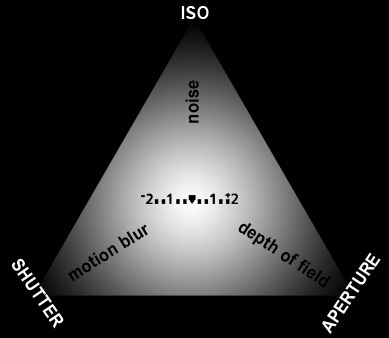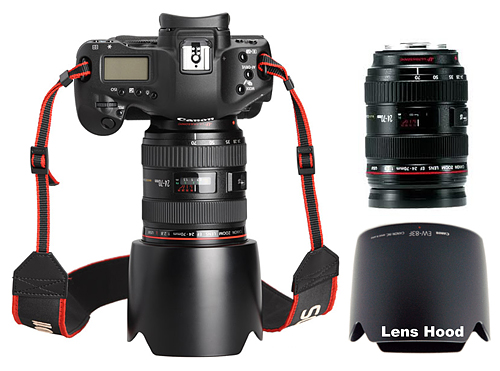
FAQ and General Facts about DSLR Lens Hoods
1. What is the purpose of a lens hood and what the extent in difference of the outcomes between the use and non-use of it?
2. When and in what situations should the lens hood be used?
3. Is there a significant difference in results when using an original and a 3rd party lens hood? Of course when speaking in material there is a difference, what with the price of 3rd party prices being as low as a 3rd of the original’s price.
Answers:
1. Lens hoods are usually used when wanting to take photos of objects near strong light sources, especially sunlight or flash light. It is also often used to prevent any direct sunlight from directly entering the lens (flare). For an easy comparison, imagine an instance when you feel blinded by a light source. The first instinct would be to cover your eyes, right? That is more or less the basic function of a lens hood.
Some interesting photograph samples are as follows:
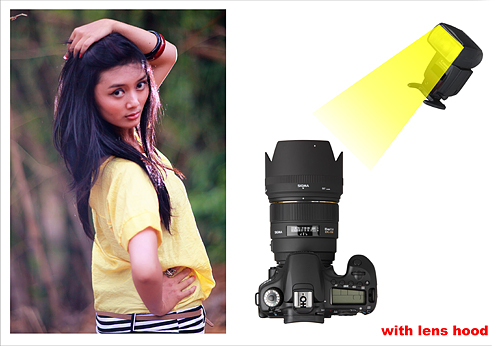
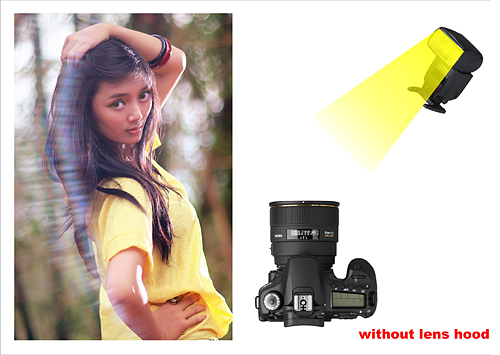
2. Use a lens hood whenphotographing near or facing a powerful light source. Also use a lens hood as an extra means of protection for the lens against any direct impact or fingerprints. These can decrease image quality.
3. When it comes to functionality, there is no difference in quality when comparing the use of 3rd party and original lens hoods. 3rd party lens hoods are now made to intricately replicate the originals. At a glance, one cannot tell the difference between the two. The most prominent difference would be the inside surface of the lens hood. On a Canon lens hood, the inside is layered with thin velvety fabric, while there are no such linings in 3rd party lens hoods. This additional layer is actually to absorb any (very little) remaining light that may have surpassed the lens hood. Other than that, the difference only lies in the brand printed on the lens hood themselves. So there is no negative side to buying a 3rd party lens hood if funds are limited.
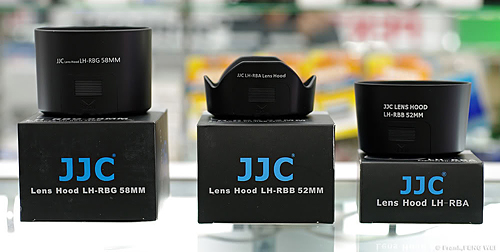
In addition to the above FAQ answers, the lens hood has different designs depending on their designated lenses. But there are instances when these lens hoods are interchangeable between different types of lenses. There are also universal lens hoods available in the market. As long as it doesn’t result in a vignette on the photograph and not replacing it with one that’s shorter in length than the original, there’s no harm in using a 3rd party and different sized lens hoods (but still in the same ring size). Because the longer the lens hood, the better it protects your lens from any incoming flares.
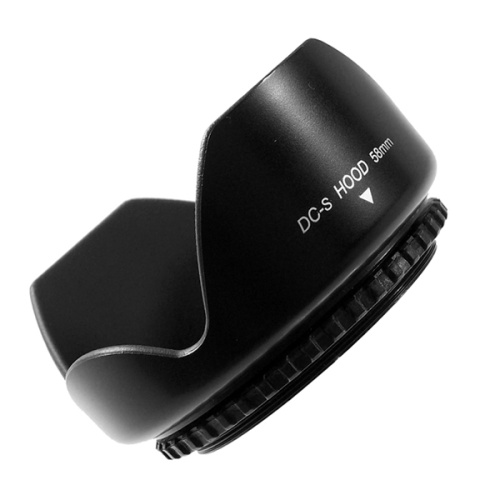
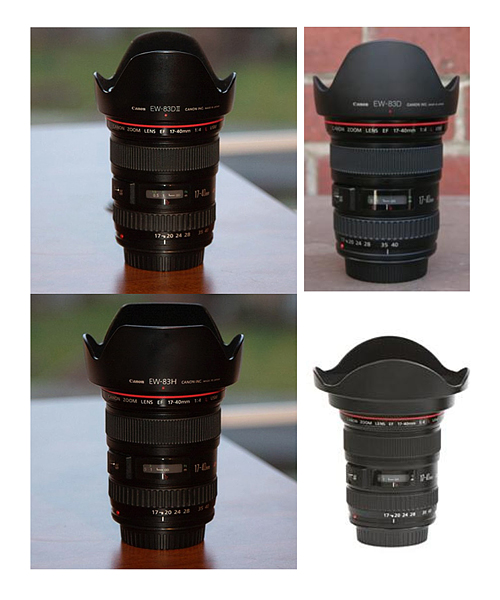
source: photo.net















